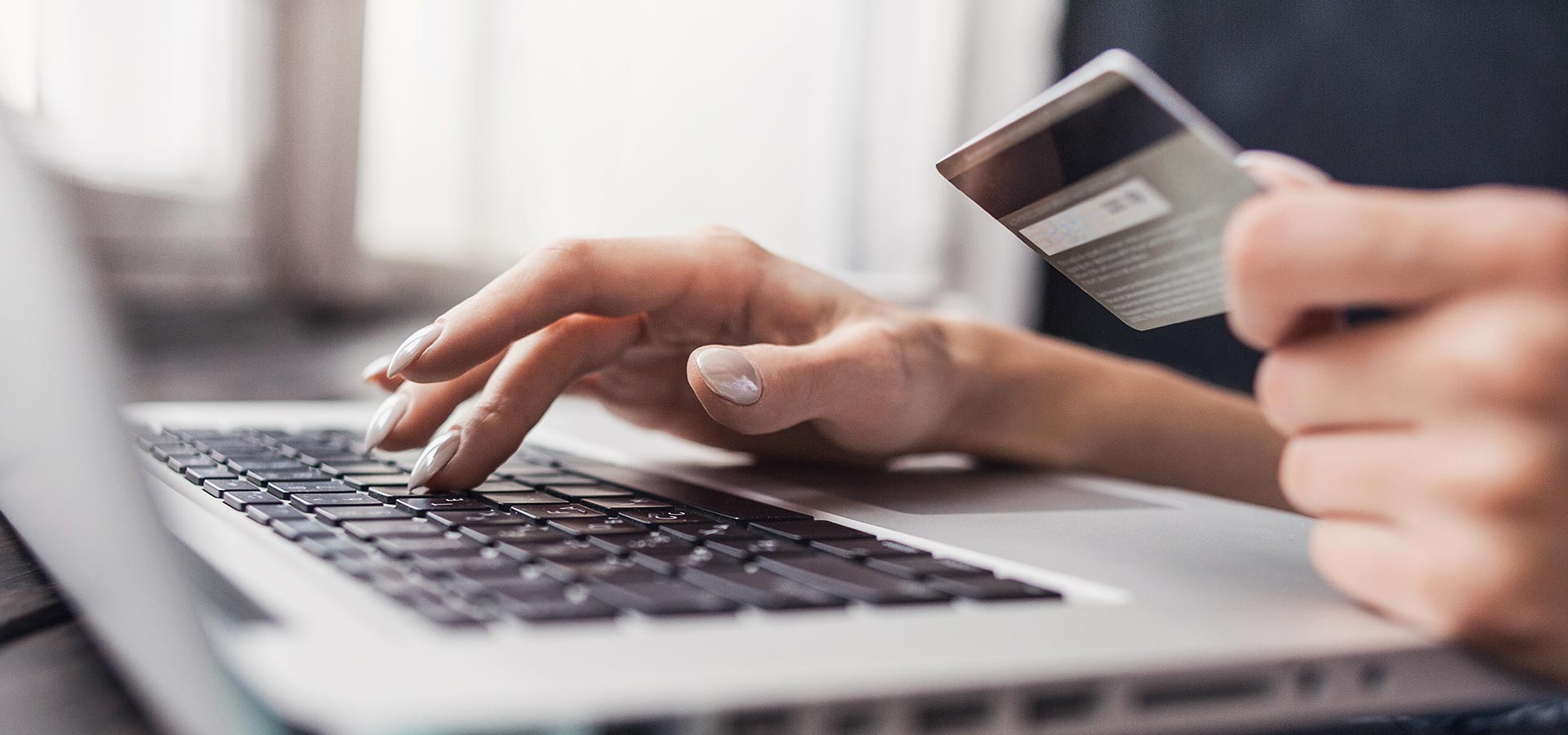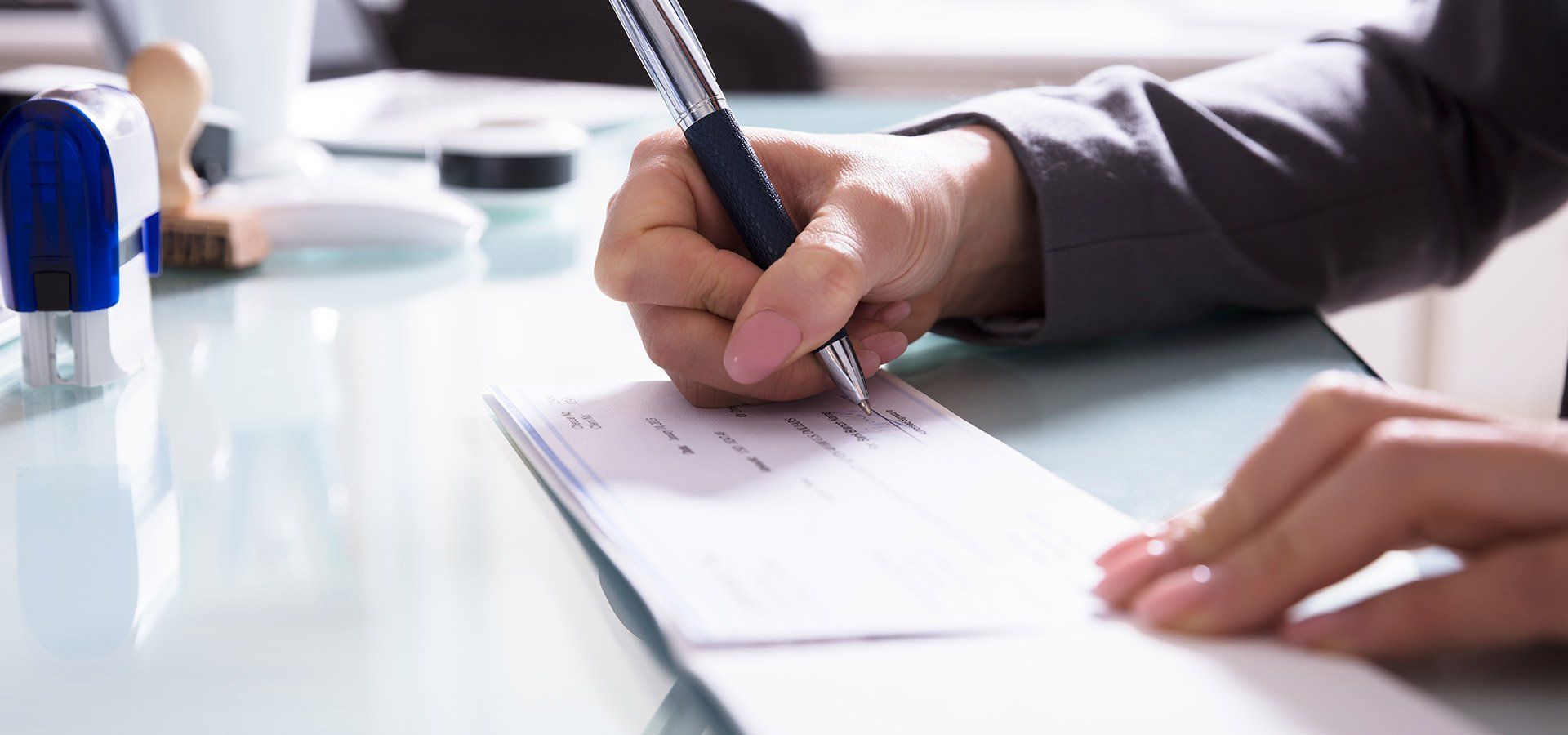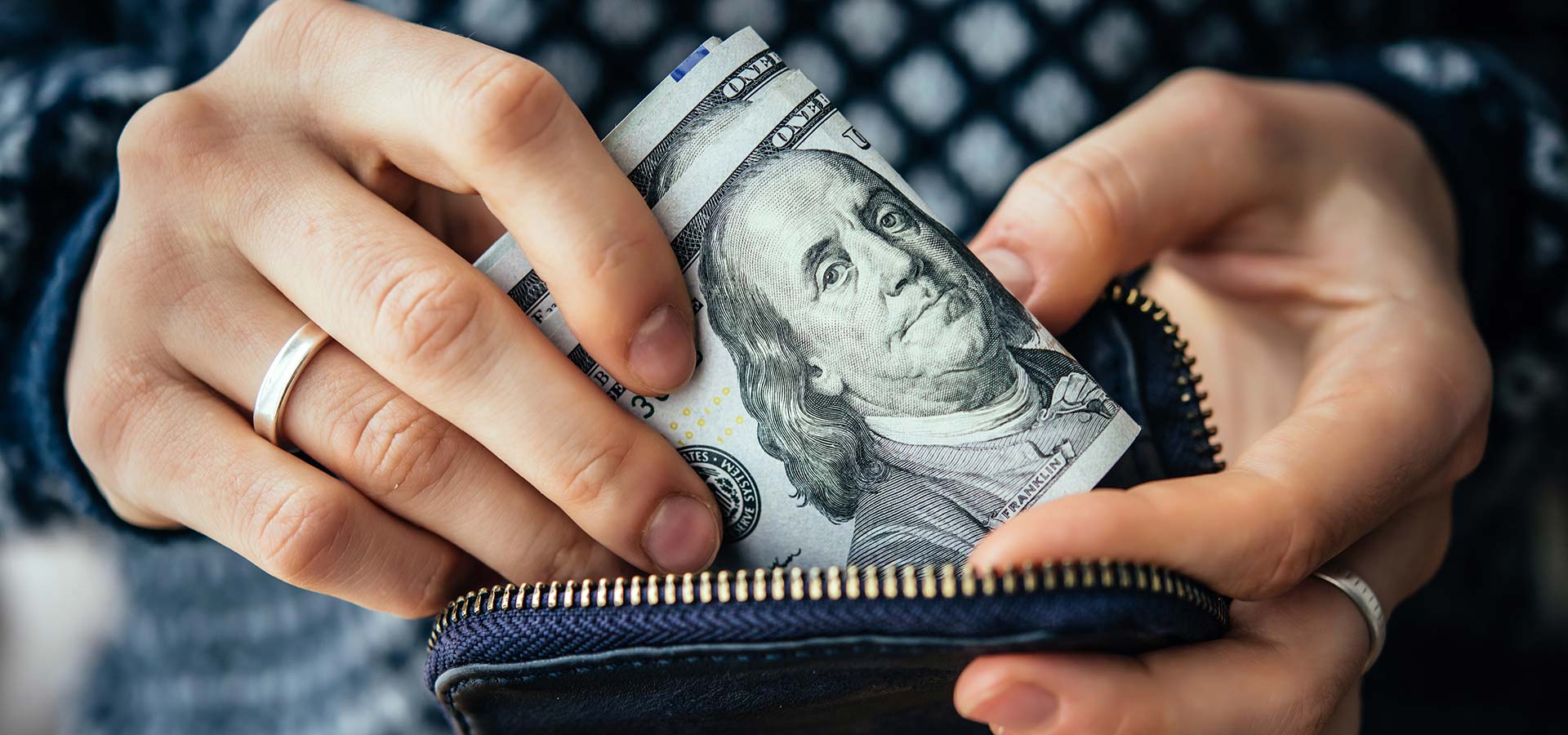5 Tips To Help Business Owners Keep Business And Personal Expenses Separate
If you are a solopreneur or you are in the planning stages of your new business, it can be a challenge to keep your business expenses separate from those of a personal nature. Oftentimes, these expenses get co-mingled and that makes it challenging come tax time when you have to isolate the income and expenses of your business. The best approach to deal with this is to make sure you pay for personal expenses with personal funds and business expenses with business funds. Here are 5 tips to help you keep things straight:
1. Open A Business Checking Account at the Same Bank That You Do Your Personal Banking
This is one of the most important steps and should be one of the first actions that you take when you are serious about starting your business. By opening a separate bank account, you will be able to carefully manage your business expenses and control the funds going into and out of your business. Keep in mind that to open a business checking account, banks will require you to have a Federal Employer Identification Number (FEIN) from the Internal Revenue Service. This is a nine digit number issued to your business to identify it for tax purposes. Not every business owner is required to apply for a FEIN, but if you want to take advantage of the perks that come with a business bank account, you must have one. The IRS offers a handy questionnaire to determine whether or not you are required to get one and you can find the link to the page HERE.
Business bank accounts offer many benefits to the small business owner. The single biggest advantage is the clarity it will provide you when it is time to prepare your tax returns. By having a separate bank account that maintains the finances of the business exclusively, you will have a much easier time gathering the figures required at tax time. Other advantages include the ability to accept credit card payments from your customers. Most merchant service providers require a dedicated business bank account in order to process business sales transactions. Maintaining a business bank account also helps to open doors to securing small business loans or lines of credit with your bank down the road.
Ideally, you want to open the account for your business at the same bank that you maintain your personal bank accounts for reasons of simplicity and convenience. When you maintain both personal and business bank accounts at the same bank, you have the ability to link the two accounts inside the online banking portal which makes it a real breeze to transfer funds between the two accounts. This comes in handy when you are in the infancy stages of your business and you are frequently making equity deposits to fund your early business operations. Likewise, once you are established and you want to withdraw funds to pay yourself, moving the funds is as simple as setting up a bank transfer between your business account and personal account.
If you are a sole proprietor and you find that a Federal Employer Identification Number (FEIN) is not required of you and you prefer not to apply for one, you still have options. However, opening a business bank account would not be one of them. In this case, you should at least consider opening a separate personal bank account and treating it as if it was a business bank account by restricting funds entering and exiting this account to business-related transactions only. This will similarly ease the stress associated with untangling your personal and business funds.
2. Apply For A Business Credit Card
So much of what we purchase today is done so online. Many products and services, especially those of a recurring nature, require a credit card on file for monthly payment processing. One of the quickest ways for a business owner to over-complicate their bookkeeping is by using a personal credit card to remit payment for business-related expenses. Not only does this create more work at tax time, but it also leads to a greater probability that these legitimate business expenses slip through the cracks of your accounting workflow and fail to be recorded as such. Remember, legitimate business expenses help reduce your net income and in turn, the amount of tax that you owe so forgetting them costs you money.
The safer option when you are starting and running a business is to secure a business credit card that is tied into your accounting system. That way, you can use that credit card exclusively for business-related purchases. When you connect that credit card account to QuickBooks Online, you will also have all transactions imported directly into your accounting system so you never miss recording a business expense.
When you consider a business credit card for the first time, you want to pay close attention to the card benefits and features offered by the issuing bank. Some of the items you will want to compare include the following:
Annual Fee
Some cards collect an annual administrative fee for your use of the card. However, there are many options that do not.
Welcome Bonus
When you open a business credit card account, many banks will offer you significant rewards points or cash back upon spending a pre-determined amount over the course of the first few months of card ownership. In some instances, the issuing bank may offer you no interest financing for a period of time after you open your account. This can really come in handy with cash flow when you are just starting out and have a number of significant purchases to make.
Ongoing Rewards
Some cards allow you to accumulate a certain number of rewards points for each dollar you spend using the card and these points can be redeemed for products, services, travel, gift cards or additional discounts. Other cards may offer you a percentage of cash back on every purchase you make using the card. Still others may offer a combination of both or perhaps no rewards at all.
Purchase Protection
Many business credit cards provide protection against fraudulent or unauthorized charges. Likewise, some cards also provide protection in the event the vendor fails to deliver on your purchase as expected. This may also apply to travel in the event of a delay, interruption or cancellation of your plans due to circumstances beyond your control. This feature can provide you with a real peace of mind especially when buying online.
Ongoing APR
This is the rate of interest that you would pay on purchases if you carry balances over to another billing period. These can vary from bank to bank.
One thing to keep in mind before applying for a business credit card is to check your personal credit report for any inaccuracies. If you find something amiss, try to rectify the problem with the credit reporting agency before applying for your business credit card. This will give you the best chance to get approved and allow you to access higher credit limits which usually come in handy when running a business.
3. Set Up A Schedule To Compensate Yourself
When starting up a new business, it is not uncommon to see business owners pay for business expenses with personal funds. This is not ideal and causes plenty of unnecessary work at tax time as we have mentioned. For more established businesses, a similar problem rears its ugly head – paying for personal expenses with business funds. Many times, this is because business funds may be more plentiful and easily accessible to the business owner. The situation can also be exacerbated by the fact that business owners fail to compensate themselves on a regular basis so personal funds may be insufficient to cover certain personal expenses.
To lessen the temptation to pay for personal expenses with business funds, it is important to compensate yourself at regular intervals so that you have personal funds available to you to pay for personal expenses. This type of compensation is oftentimes as simple as an equity withdrawal such as a guaranteed payment where funds are withdrawn from a business bank account and deposited into a personal bank account.
By adopting this strategy, business owners can increase the flow of cash into their personal accounts so personal funds remain readily available. Owners can then feel less compelled to use business funds to cover non-deductible personal expenses due to inadequate cash reserves in their personal bank account.
4. Reimburse Yourself In A Timely Manner For Any Business Purchases You Make With Personal Funds
When occasions arise where business expenses have been paid using personal funds, it’s important to make sure that those purchases find their way into the company’s books. This is accomplished most effectively by reimbursing yourself with funds from your business immediately. By doing so, there is less of a chance that these business expenses get overlooked at the end of the year when you are preparing all of the documents necessary to file your annual tax returns.
Ideally, you don’t use your personal funds for business expenses, but if you do, make it a habit of cutting yourself a business check for the exact amount of the purchase as soon as you realize your mistake. Also, be sure to substantiate that check by including all documentation related to the purchase such as the receipt or an invoice detailing the nature of the expense.
5. Use A Unique Business Email Address For Online Business Purchases
When you make a purchase online, your email address is nearly always a requirement. This helps vendors track purchase history and provide buyers with digital receipts that are sent to the associated email address. The reality is that there are a number of vendors such as BestBuy.com, for example, from which you might make both personal and business purchases. As we have discussed earlier, the key is using a unique form of payment for these vendors so that personal purchases are made with a personal credit card and business purchases are made with a business credit card.
To simplify the substantiation step for business expenses, it is a good idea to register a business email address at these “dual purpose” vendors so that you can more easily track the business receipts. Without a separate email address for your business purchases, you will have all of your personal and business receipts sent to the same email inbox. Then, you will be forced to sort through the inbox to distinguish between the personal and business purchases. The responsibility becomes even more challenging if you inadvertently use the same form of payment at the vendor for both business and personal expenses. If you do, you will have to spend time sorting through your inbox for those receipts related to your business. Time that you likely don’t have.
Consider using a unique business login and email address at all vendors that you purchase from online. That way, you can keep a clean record of your business purchase history with that vendor and quickly gather the backup necessary to substantiate the expense.
It’s impossible to understate the importance of separating personal expenses from those related to your business. The Internal Revenue Service has strict guidelines for what qualifies as a deductible business expense and if you overlook those rules by including personal expenses in your business financials, you jeopardize the integrity of your numbers and subject yourself to penalties and interest in the event of an audit. If you use personal funds for business expenses, you potentially miss out on the deductions associated with IRS-approved business expenses which help reduce your taxable income. As a small business owner, do yourself a huge favor and take steps to ensure you keep your personal and business spending separate. You will have more accurate business financials and you will save yourself valuable time each spring when tax time rolls around.






